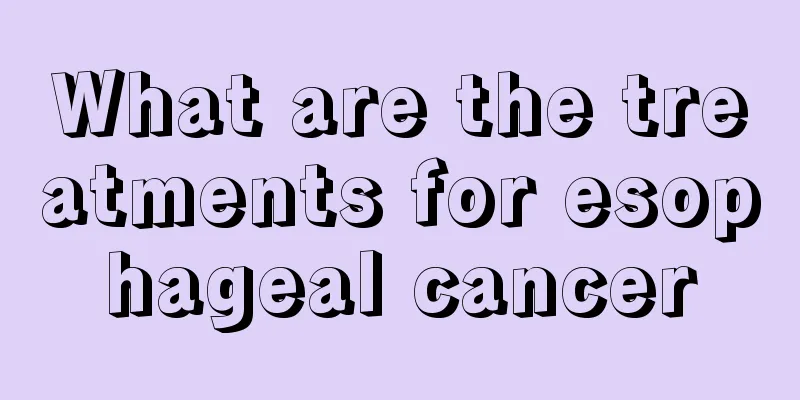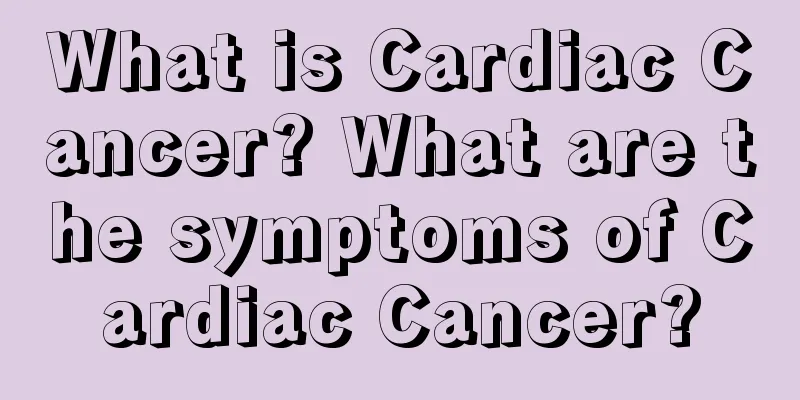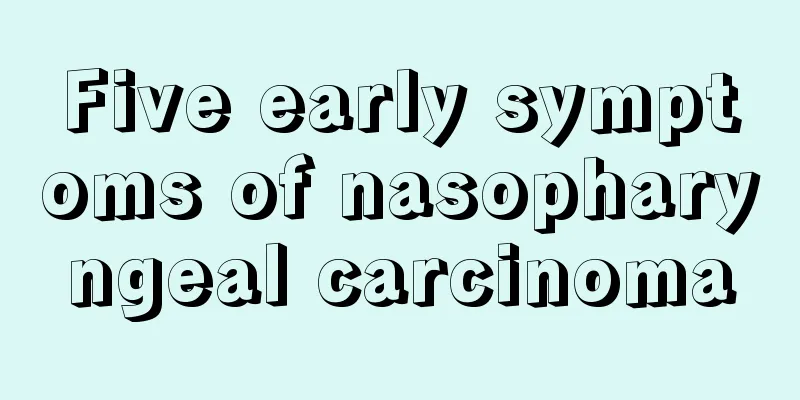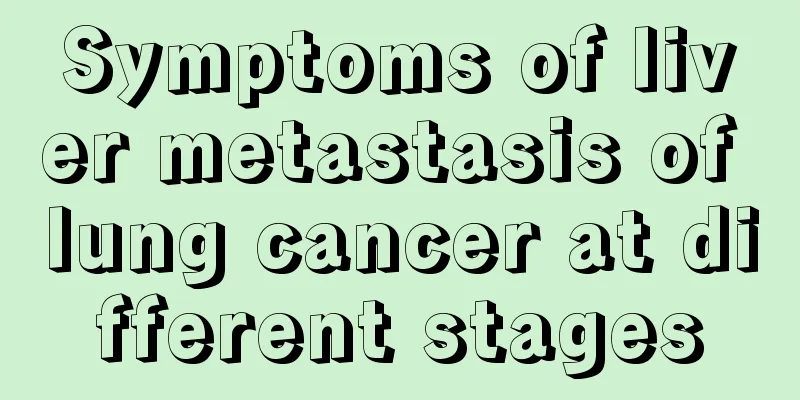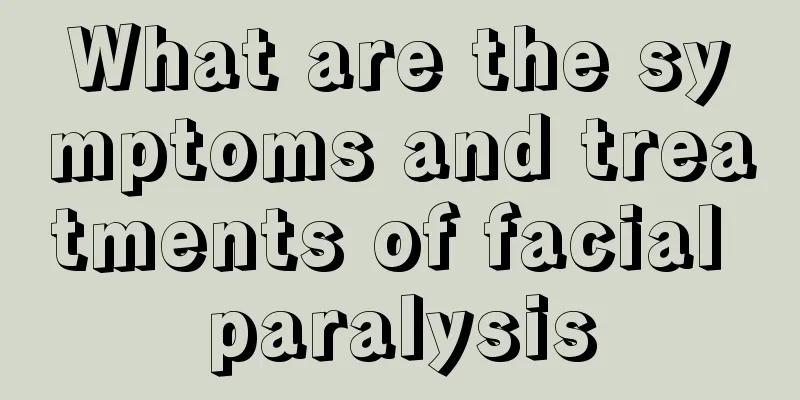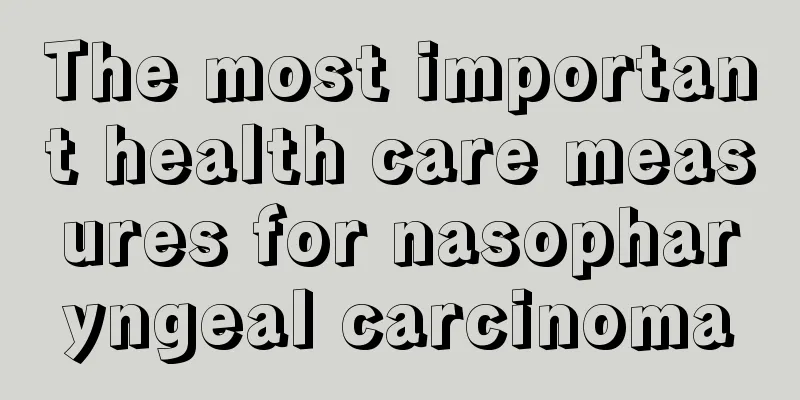What is the chemotherapy method for nasopharyngeal carcinoma

|
With the progress of the times, people's living standards are getting higher and higher. While you are enjoying life with your family, have you ever thought about paying attention to some cancers? Although modern technology is advanced, due to the hidden nature of nasopharyngeal cancer, the symptoms of early cancer patients are extremely unclear. Clinically, most nasopharyngeal cancer patients have obvious symptoms in the middle and late stages. Here, we remind our friends that even if you are not sick, you should pay attention to it. Even if you don't consider yourself, you should consider your family. The health of your family is your own health. Commonly used chemotherapy methods for nasopharyngeal carcinoma in clinical practice mainly include induction chemotherapy, adjuvant chemotherapy, concurrent chemoradiotherapy combined with radiotherapy, concurrent chemoradiotherapy + adjuvant chemotherapy, etc., which have greatly improved the efficacy and clinical symptoms in the treatment of nasopharyngeal carcinoma. 1. Induction chemotherapy : Induction chemotherapy can quickly relieve various adverse clinical symptoms of nasopharyngeal carcinoma patients and relieve the pain of patients. Especially for patients with locally advanced nasopharyngeal carcinoma, it can improve the efficacy to a certain extent, reduce the chance of recurrence, and effectively control distant micro-metastases. For patients with advanced nasopharyngeal carcinoma who are not suitable for radiotherapy, induction chemotherapy can be fully implemented to stabilize the condition. The effectiveness of induction chemotherapy is a powerful indicator for predicting the prognosis of nasopharyngeal carcinoma patients. The next treatment plan can be determined based on their response, which has a profound impact on improving long-term efficacy. 2. Adjuvant chemotherapy : Currently, there are few phase III clinical studies on adjuvant chemotherapy, and most of them have no positive results. It is particularly important to explore new effective drugs and appropriate dosage strengths, select highly effective and low-toxic drugs, and reduce their toxic reactions in adjuvant chemotherapy for nasopharyngeal carcinoma. 3. Concurrent chemoradiotherapy : Research reports indicate that the use of concurrent chemoradiotherapy with platinum can achieve good results in the treatment of NPC. Phase III clinical trials have found that concurrent chemoradiotherapy can significantly improve the local control rate of patients with locally advanced NPC, significantly delay or prevent distant metastasis of NPC, and has a definite effect in improving survival rate. However, its toxicity cannot be ignored, especially for patients who have undergone induction chemotherapy, who cannot tolerate strong toxic side effects. We recommend that traditional Chinese medicine be combined with induction chemotherapy, adjuvant chemotherapy or concurrent chemoradiotherapy to enhance efficacy and reduce toxicity, which has a good synergistic effect on the treatment of NPC. 4. Concurrent chemoradiotherapy + adjuvant chemotherapy : In recent years, concurrent chemoradiotherapy + adjuvant chemotherapy has been used as the standard treatment for locally advanced nasopharyngeal carcinoma in some areas. Research results show that chemotherapy or radiotherapy alone is less effective. Combination therapy can effectively improve local control rate according to the patient's condition, but the toxicity is also greater. Traditional Chinese medicine can be used to reduce the toxic side effects of chemoradiotherapy and improve the patient's quality of life. The above is the introduction to "What are the chemotherapy options for nasopharyngeal carcinoma?" When the above symptoms appear, patients should go to a regular hospital for treatment. Early detection and early treatment can effectively cure nasopharyngeal carcinoma. People who are related to the pathogenic factors of nasopharyngeal carcinoma are advised to take preventive measures for nasopharyngeal carcinoma. If you have other questions about nasopharyngeal carcinoma, please consult our experts online or call for consultation. Nasopharyngeal cancer http://www..com.cn/zhongliu/bya/ |
<<: How to diagnose nasopharyngeal carcinoma
>>: What are the treatments for lung cancer?
Recommend
Can I eat hazelnuts if I have skin allergies
Nuts are definitely best-sellers on supermarket s...
Can you squeeze acne? Pay attention to these
Acne, also known as acne, is a type of acne that ...
How to use a thermometer?
Thermometers are common tools in our lives. Many ...
How to massage patients with ovarian cancer
Massage is one of the oldest physical therapies f...
What are the effects and functions of berry tea
Drinking tea is actually a very good health habit...
What will happen if you supplement calcium if you are not deficient in calcium
Some parents choose to supplement their babies wi...
People over 50 have a higher risk of bladder cancer. To prevent bladder cancer, you should quit smoking as soon as possible
Bladder cancer is a very common malignant tumor o...
How to peel yam without itching your hands
You must be very careful when handling potato cro...
What are the common early symptoms of lung cancer in men? These symptoms are likely to appear in the early stages of lung cancer
Experts say that men are at high risk of lung can...
Is strenuous exercise suitable for patients with gallbladder cancer?
There are many ways to treat gallbladder cancer. ...
8 types of bleeding in early pregnancy?
Pregnancy is supposed to be a very happy thing, a...
Why does the belly get fat first? Reasons why the belly is prone to obesity
Most people will find that their stomachs gain we...
Is it true that fake meat floss turns into cotton when soaked in water?
Eating delicious food is one of the pleasures tha...
Experts explain the key points in diagnosing laryngeal cancer
Since the symptoms of laryngeal cancer may vary d...
Treatment of hypothalamic hamartoma
Hypothalamic hamartoma (HH), also known as gray t...
